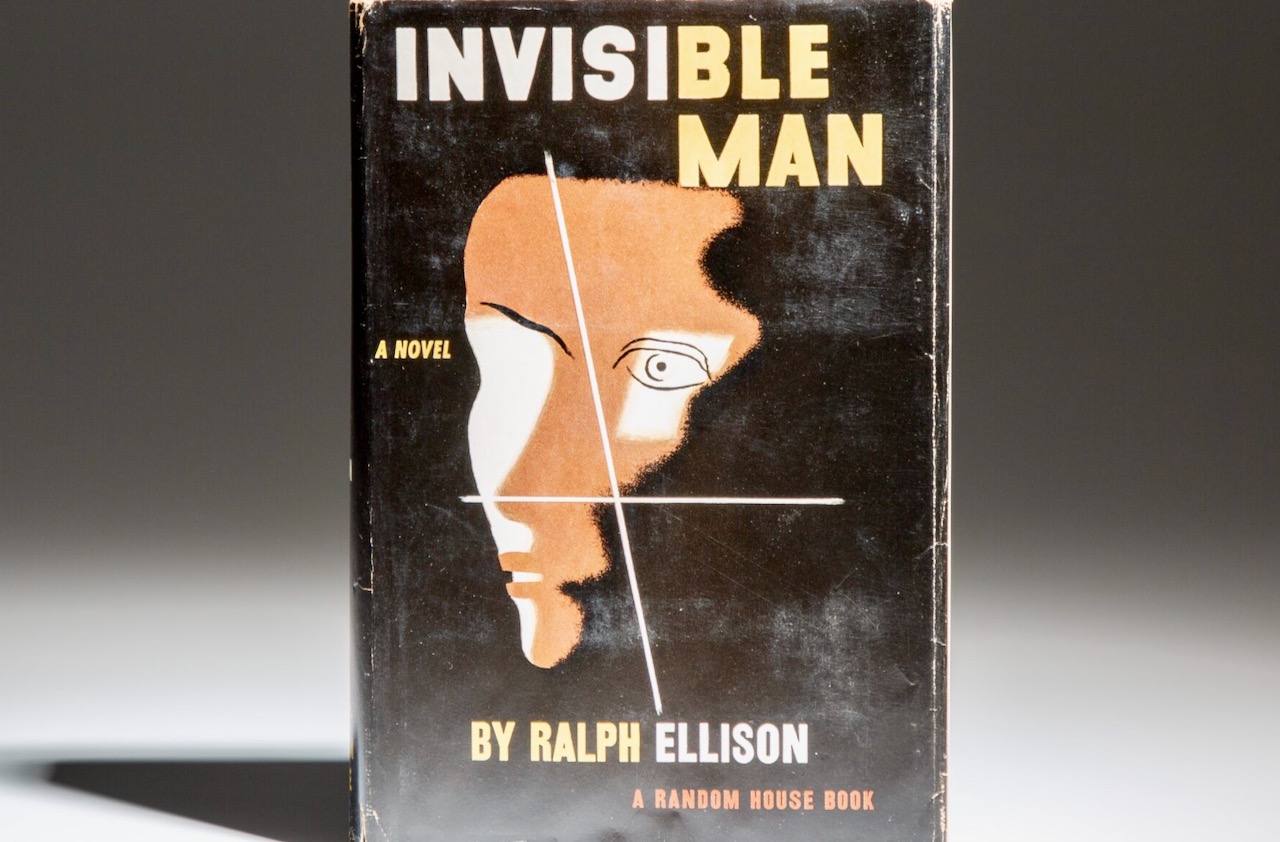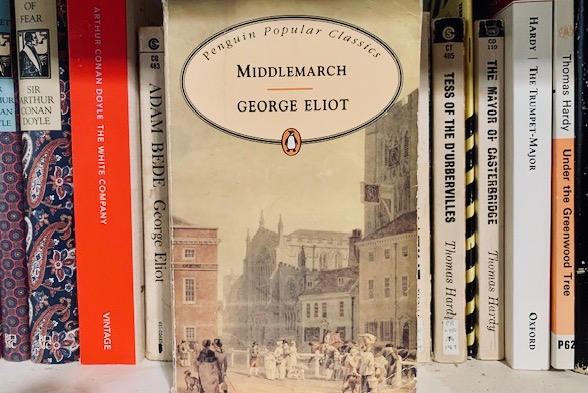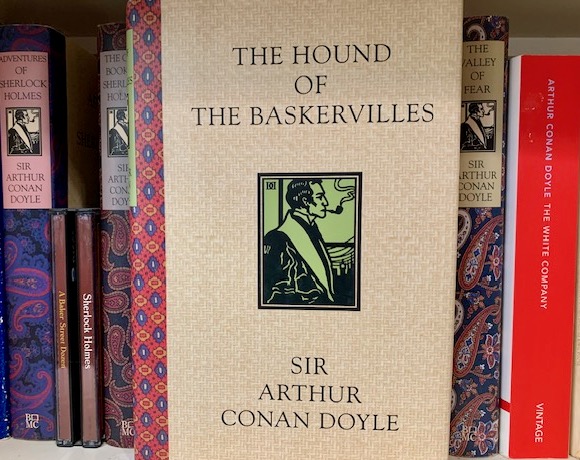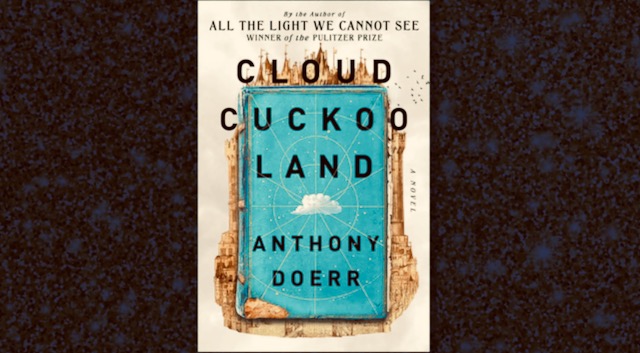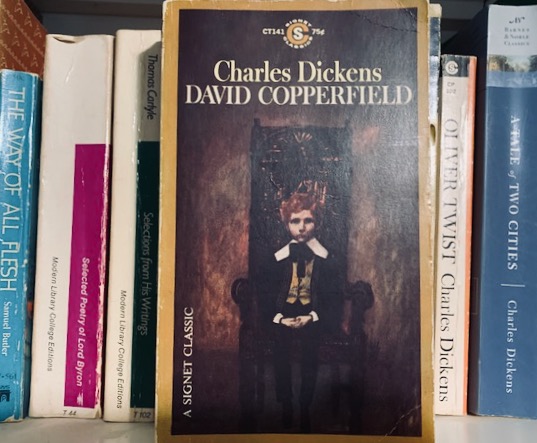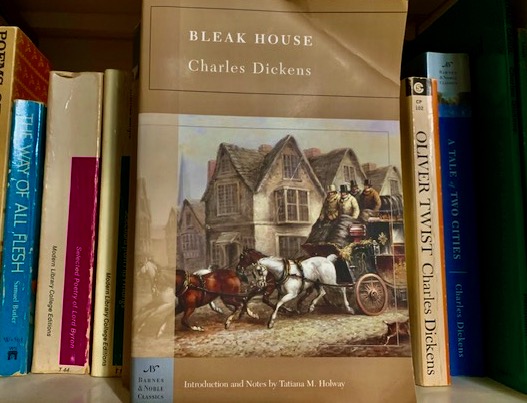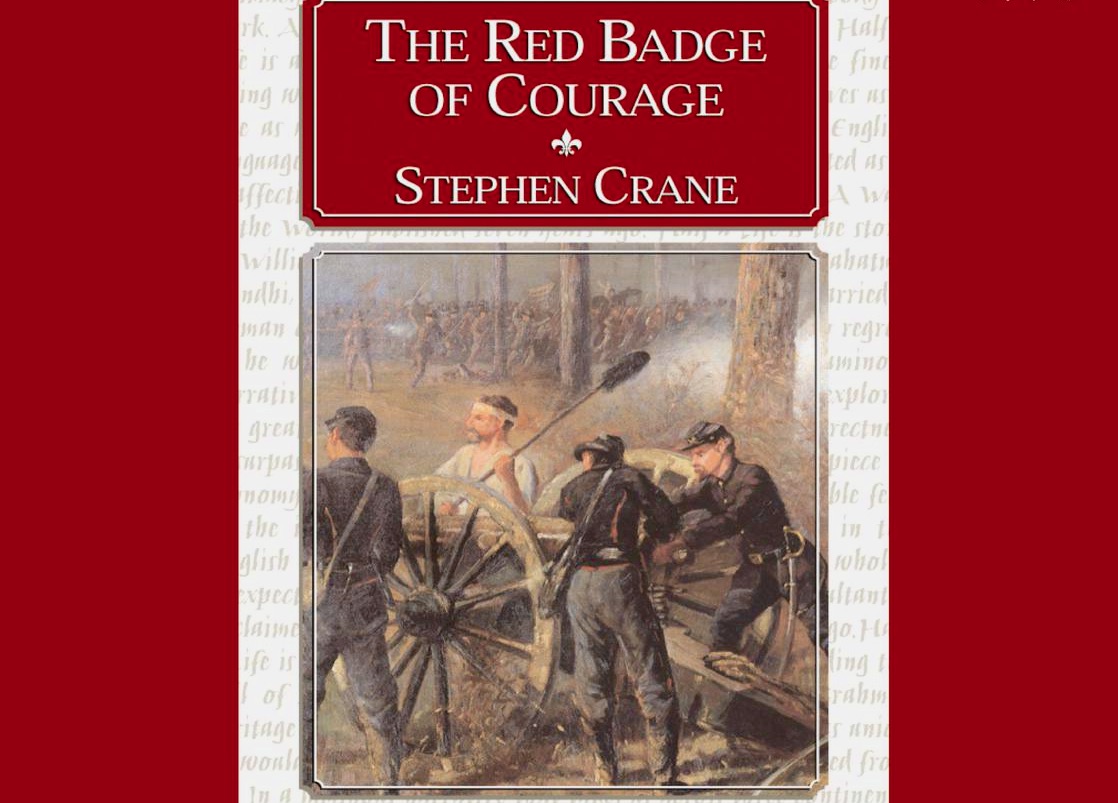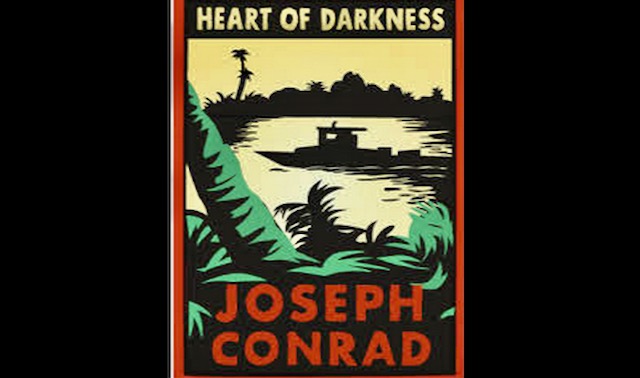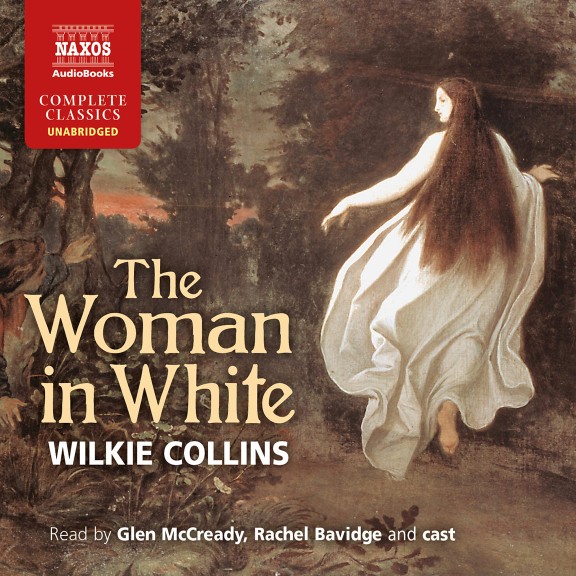One of the most important writers of what’s generally considered the “second wave” of the Native American Renaissance, Louise Erdrich has been one of my favorite writers for nearly forty years. Her first novel, Love Medicine, was an instant classic, winning the National Book Critics Circle Award in 1984—the only first novel ever to win that award.… Continue reading Louise Erdrich’s “The Night Watchman”
Category: Review
Ralph Ellison’s “Invisible Man”
One of the most significant novels of the 20th century, among the first widely read novels by a Black American author, Ralph Ellison’s Invisible Man, seemed too important a book not to consider for my list of the “100 Most Lovable Novels in the English Language.” The book has an impressive pedigree: It won the National… Continue reading Ralph Ellison’s “Invisible Man”
George Eliot’s “Middlemarch”
It seems that the reputation of Mary Ann Evans, aka George Eliot (since what Victorian publisher would accept a novel by someone with a woman’s name?), just keeps growing stronger and stronger as time goes by. Already a major novelist in her own time, with acclaimed novels like Silas Marner (1861), Daniel Deronda (1876), Adam Bede (1859), and The Mill on the Floss (1860),… Continue reading George Eliot’s “Middlemarch”
Arthur Conan Doyle’s “The Hound of the Baskervilles”
Sherlock Holmes is listed by the Guinness Book of World Records as the most portrayed human literary figure in the history of film or television. There have been more than 25,000 publications, stage dramatizations, films or television productions featuring the world’s most famous detective, and his influence on the development of the genre of mystery cannot be… Continue reading Arthur Conan Doyle’s “The Hound of the Baskervilles”
Anthony Doerr’s “Cloud Cuckoo Land”
Anthony Doerr’s Cloud Cuckoo Land is my choice for book #26 on my list of the “100 Most Lovable Novels in the English Language.” Although this book was published only two years ago, in September of 2021, it did win the 2022 Grand Prix de Littérature Américaine (awarded to the best American novel translated into… Continue reading Anthony Doerr’s “Cloud Cuckoo Land”
Charles Dickens’ “David Copperfield”
Well, surprise surprise, I mentioned somewhat earlier in this catalogue that I strove mightily to use only one representative novel for each author, so as to include more authors and more of a variety of authors, but that in two instances I just couldn’t limit their contributions to lovable English language novels and had to… Continue reading Charles Dickens’ “David Copperfield”
Charles Dickens’ “Bleak House”
Charles Dickens is the most prolific and popular novelist of Victorian England, and it would be impossible to conceive a list of the great English language novels without considering his contribution. But oh my, what a plethora of choices! One could simply yield to the temptation of picking a novel that everybody already loves—to pick,… Continue reading Charles Dickens’ “Bleak House”
Stephen Crane’s “The Red Badge of Courage”
Stephen Crane is in some ways the John Keats of American literature: He wrote a recognized classic that made his international reputation at the age of 24, only to die, like Keats, of tuberculosis at a young age (he was only 28), cheating the world of that promise of later literary milestones. But Crane was… Continue reading Stephen Crane’s “The Red Badge of Courage”
Joseph Conrad’s “Heart of Darkness”
Joseph Conrad is one of the most respected and acclaimed novelists in the English language, which has always been remarkable since, as most readers know, he was born to Polish parents in what is now part of Ukraine but at the time of his birth was a part of the Russian empire. Thus his native… Continue reading Joseph Conrad’s “Heart of Darkness”
Wilkie Collins’ “The Woman in White”
Wilkie Collins was a struggling young Victorian novelist and playwright until 1851, when he met Charles Dickens and his life changed. Dickens became his close friend and literary mentor, and began publishing some of Collins’ efforts in his own periodicals. Particularly in the period from 1859 to 1869, Collins put out his best work, including… Continue reading Wilkie Collins’ “The Woman in White”


